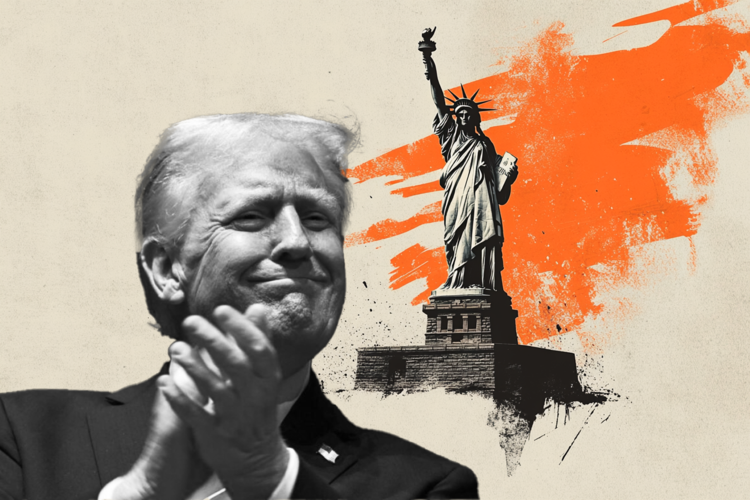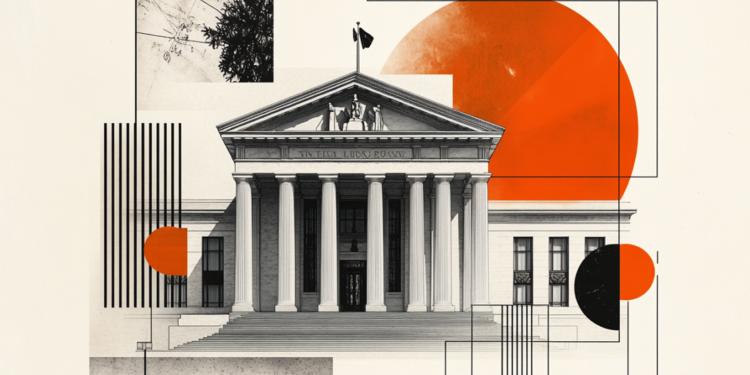The Supreme Court of Russia (SC) has reviewed the verdict of the court of first instance against the person involved, who was found guilty of drug trafficking, but acquitted in the case of the legalization of bitcoins, reports RAPSI with reference to the case file. The Judicial Collegium for Criminal Cases of the Armed Forces considered this decision to be incorrect and canceled it.
The person involved in the case kept the precursors of narcotic drugs, and also produced mephedrone, which buyers paid for with cryptocurrency. After that, he converted the coins into rubles and transferred them to the accounts and cards of his cohabitant’s daughter.
The court of first instance, and then the court of appeal, came to the conclusion that such a scheme is not a legalization of proceeds from crime. However, the prosecutor’s office did not agree with the decision and, ultimately, reached the Supreme Court. The department stated that the defendant purposefully transferred money from a crypto wallet to bank cards, “giving a legitimate appearance to their possession”, and introduced more than 8 million rubles into legal circulation.
The Supreme Court also considered that the method of obtaining money “indicates that the convict has a goal to legalize money.” The Supreme Court ruled back in 2019 that Art. 174 and 174.1. The Criminal Code on the legalization of criminal proceeds should apply to cryptocurrency. However, according to RAPSI, for the first time the court issued a ruling on the laundering of bitcoins.
Interviewed RBC-Crypto experts spoke about the consequences of the precedent for Russian users of cryptocurrencies.
“The bell is, of course, disturbing”
Lawyer, expert of the educational platform Moscow Digital School Efim Kazantsev
The case, of course, is precedent, but you need to understand that in the case under consideration, the cryptocurrency exchange was part of a scheme for the sale of narcotic drugs and the subsequent laundering of the money received from their sale. Of course, this way of using cryptocurrency, reflected in the act of the Supreme Court of the Russian Federation, once again gives its opponents the opportunity to talk about the need to ban it, since it is used in the sale of drugs.
But with the same success, we can talk about the need to ban cash, which began to be used much earlier and is still used in the commission of a variety of crimes.
At the same time, the bell is, of course, disturbing. Against the backdrop of recent talks about the legalization of cryptocurrency in Russia, the case under consideration can play a negative role.
“Even a positive precedent”
CEO of GMT Legal Andrey Tugarin
In fact, this is even a positive precedent for the Russian crypto industry, as it details the situation. More than two years ago, the Bank of Russia, in its own regulations, established that operations with cryptocurrency are a sign of money laundering or terrorist financing. However, he did not specify what those operations were.
In this case, the Supreme Court clarifies that laundering covered specific transactions, namely those related to the sale of drugs.
The first judicial instances have not yet figured out the fact that in Russia there is a rather voluminous and active circulation of cryptocurrency, and therefore they often ignore its use. In this case, the court of first instance simply did not take into account that it is possible to launder money obtained by criminal means through cryptocurrency in general.
The position of the Supreme Court, on the contrary, shows that the circulation of cryptocurrency is not prohibited, but, of course, it cannot be used for criminal activities. Therefore, if ordinary users are not involved in the sale of drugs for cryptocurrency, this decision of the Supreme Court does not apply to them.
“This is not about equating any cryptocurrency exchange with money laundering”
Senior Analyst at Bestchange.ru online exchanger aggregator Nikita Zuborev
The situation itself describes obvious things: if someone buys some asset in order to legalize income, such an operation will be recognized as illegal. Anything could act as an asset in this case – a bar of gold, foreign currency, a country house. If the funds from the sale of these hypothetical assets were distributed to different cards, the court would also consider this illegal activity.
From our point of view, this is not about equating any cryptocurrency exchange with the legalization of criminal funds. The Supreme Court only clarified its position that, despite the lack of the necessary wording in the laws, a cryptocurrency exchange can be considered legalization if it was made to mask the origin of funds.
If the cryptocurrency was used to disguise criminal activity, the exchange process can be defined as legalization, despite the fact that transactions with traditional currencies are usually used for this concept. We do not see anything more here – there is no new danger for cryptocurrency owners from this decision.
But there are some positive things to note in this case. If you read between the lines, then in the eyes of the law, cryptocurrency exchange operations “disguise the connection of the property being legalized with the criminal source of its origin.” In other words, the BC directly says that banks do not see or do not want to see cryptocurrency exchange operations, so this can be considered income masking.
In reality, of course, everything is not so simple, although in most cases such transactions are really invisible. Sometimes some exchanges may arouse interest from the security service of the bank, and he may request documents on the origin of funds, but these are isolated cases for hundreds of thousands of transactions.
Source: Cryptocurrency
I am an experienced journalist and writer with a career in the news industry. My focus is on covering Top News stories for World Stock Market, where I provide comprehensive analysis and commentary on markets around the world. I have expertise in writing both long-form articles and shorter pieces that deliver timely, relevant updates to readers.







